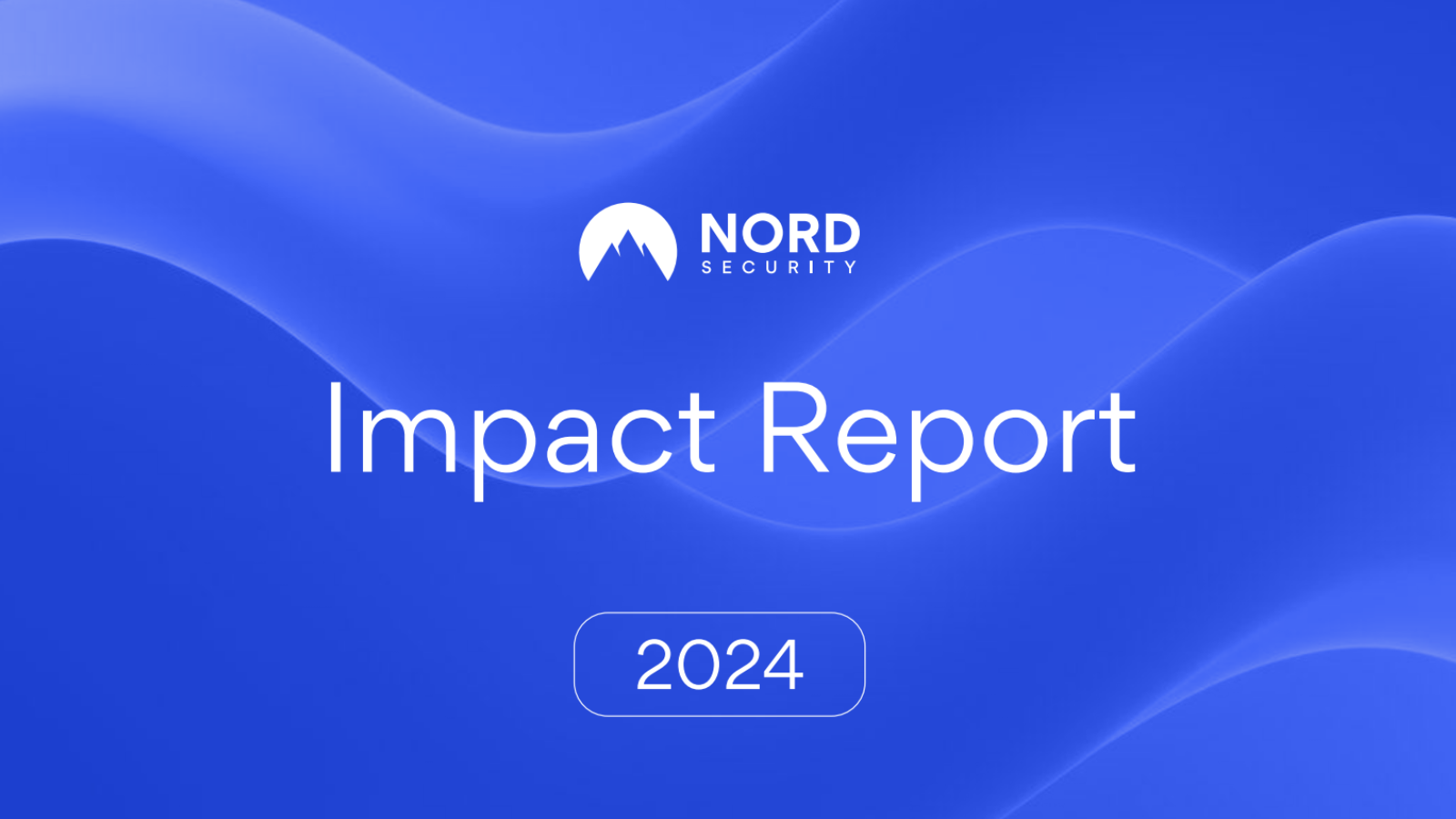
NSA May Stop Its Phone Surveillance Program by The End of 2019
- With USA’s Freedom Act potentially being scrapped, NSA’s surveillance program may be shut down.
- The government will have to argue against the Act being scrapped if it wants to keep the surveillance program alive.
- The NSA has gained access to billions of call records using the program, but no terrorist activity was uncovered in the past three years.
Edward Snowden’s leaks caused a major stir across the globe, and one of the most controversial things leaked by him was NSA’s phone surveillance program. It was revealed that the NSA was tracking billions of call logs every single day. According to national security adviser Luke Murry, the USA Freedom Act that enabled NSA to track call data may not be renewed. However, the intelligence organization or Representative Kevin McCarthy of California chose to confirm Murry’s statement.
Last year, technical irregularities forced the NSA to delete three years of call logs due to their database being contaminated. Since the organization had no authority to collect the data, there was no other alternative other than purging all data.
The Freedom Act in 2015 enabled the NSA to continue to collect data, but the organization’s power was reduced. Instead of receiving data from network carriers automatically the intelligence agency could only request data relevant to terrorist activity.
Despite the downscaling, the intelligence organization managed to get millions of call records. According to official statistics, NSA gained access to 534 million call records even though it was tracking 40 suspects only.
If the government has not used the surveillance system in the past six months, the NSA will have to prove why it should be kept alive. If they are unable to do so, the system will be shut down by the end of this year. The argument against the surveillance program is that it has failed to prevent any terrorist activity successfully and it is up to government officials to decide if the Freedom Act should be extended past 2019.
What do you think about NSA shutting down its phone surveillance program? Let us know in the comments below. Don’t forget to join our discussions on Facebook and Twitter.








